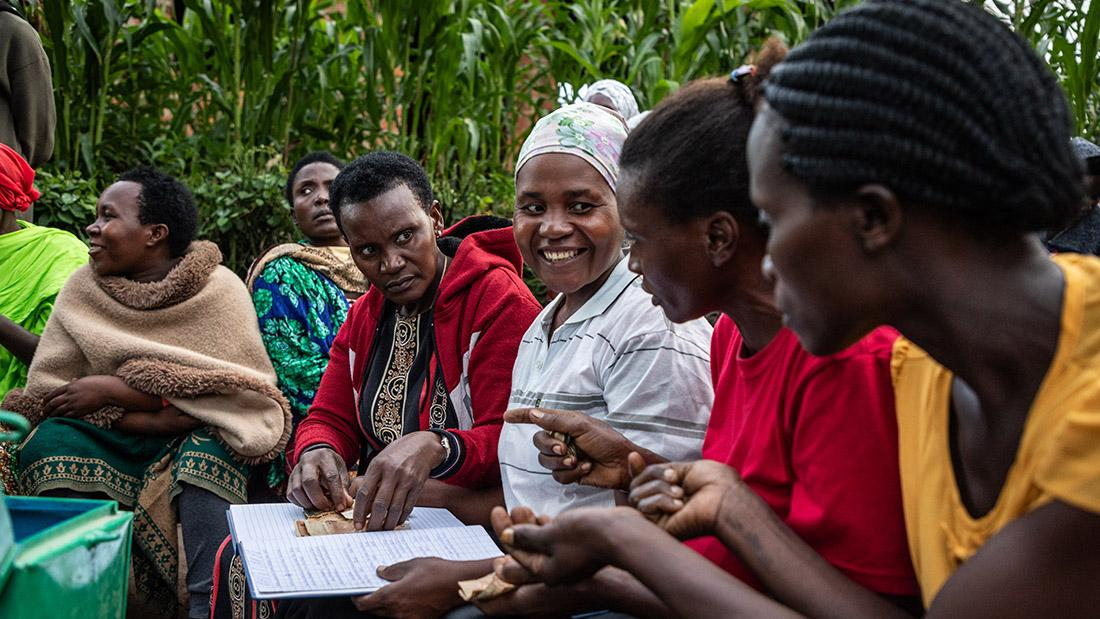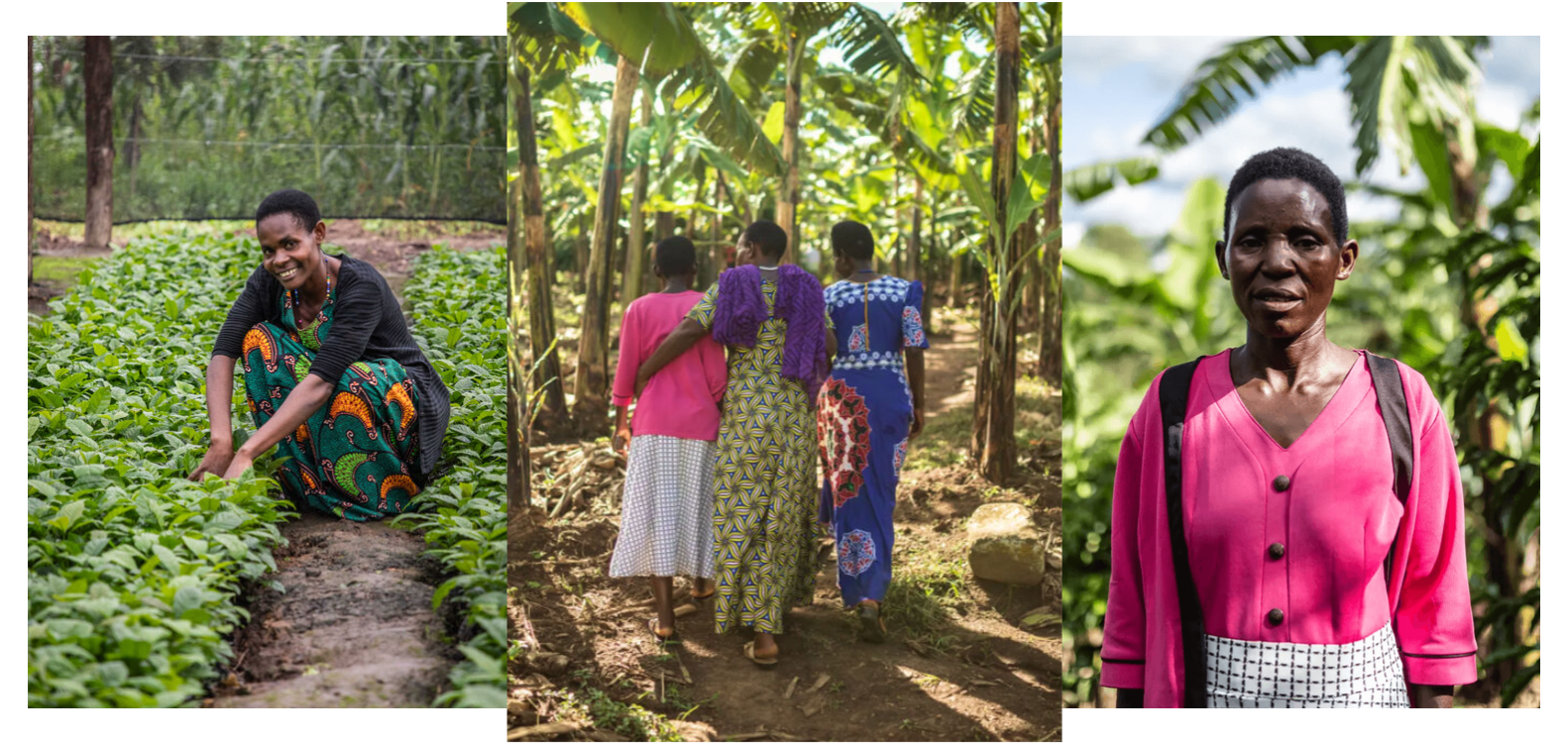Mwanyi Women and Youth Project: Caffè Borbone and ofi continue to support women and youth in Uganda
The Mwanyi Women and Youth Project, launched by Caffè Borbone in collaboration with ofi (Olam Food Ingredients), one of the world’s leading green coffee suppliers, aims to build an inclusive and sustainable coffee supply chain in Uganda.
Since its launch in 2022, the five-year project has made significant strides in promoting sustainable practices and financial education among local producers, achieving the following milestones:
- 1,000 coffee producers engaged, over 70% of whom are women;

- 20 savings and microcredit groups established, with nearly 600 members;
- 4 coffee nurseries launched, with a planting capacity of over 50,000 seedlings, covering around 185 hectares of land;
- Two youth-run agricultural input shops opened, providing essential resources and generating income for the local community;
- 23 young adults trained in agronomy, who are now supporting more than 2,800 coffee farmers.
The five-year initiative includes targeted training activities, mainly aimed at people between the ages of 23 and 59 in the districts of Ibanda and Bushenyi, in southwestern Uganda. The Mwanyi Project was created to address issues such as job insecurity and rural exodus affecting these regions, while also promoting the development of local smallholder coffee farmers. Key training areas include basic agronomic skills and financial literacy, including access to microcredit, with the goal of improving the quality of the coffee produced.
"One of the most exciting aspects of this project is seeing the positive results generated through continuous and large-scale learning," says Marco Schiavon, CEO of Caffè Borbone. "We maintain constant contact with our local partners, who are organized into eight teams including field agents, agronomists, financial officers, and unit leaders, all of them committed to ensuring that training remains current and effective. Looking ahead, we will focus particularly on regenerative agriculture, with the aim of improving cultivation and harvesting processes from an environmental impact perspective, while supporting an economy based on income from sustainable coffee farming."

